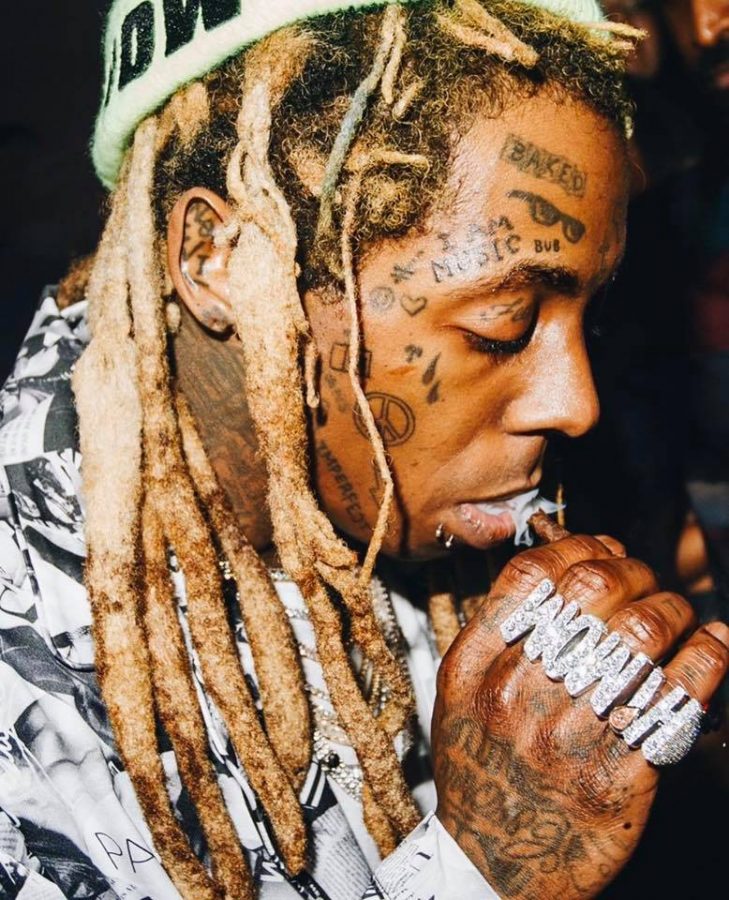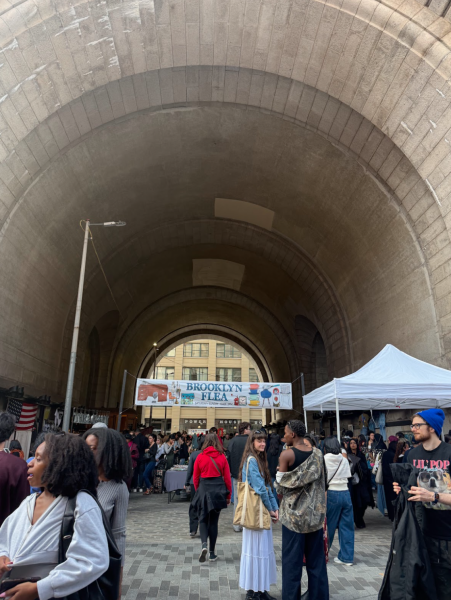Lil Wayne Experiments on “Funeral”
Lil Wayne has already established an unforgettable legacy. Birdman discovered the rapper at 13-years-old, and he signed with Cash Money Records. He became one of the hottest stars in rap by the mid- 2000s. He dropped albums that went multi-platinum and won several Grammy awards.
However, his career took a turn in the late 2000s and early 2010s, as he struggled with substance abuse and feuded with his rap family Cash Money. Lil Wayne’s music faltered amid his personal issues. He released a rock album, “Rebirth,” in 2009, after stating he got tired of rapping. Even when he returned to rap with his later albums, his signature flow and wit couldn’t compare to his early career.
With a reputation and influence so powerful, expectations are always high, and while his new albums seem increasingly less exciting, they are more intriguing. Fans wonder what the legendary rapper will do next.
Lil Wayne gave fans little time to set expectations for his latest project. He announced he would drop a new album only a week before its release date.
“Funeral” is unlike anything Lil Wayne has ever put out. At 24 tracks and 75 minutes long, the album could be a slow burn if not for its long list of features.
Appearances from rappers like Lil Baby, XXXTentacion and 2 Chainz along with production by Murda Beatz, Mike Will Made-It and more make the album worth your while.
The album begins with a cinematic title track. Lil Wayne’s voice is passionate and explosive like the old Weezy. The project continues to impress with an early fan favorite “Mahogany.” Lil Wayne teams up with producer Mannie Fresh, who brings out the youth in the 37-year-old rapper. The production complements Lil Wayne’s vocals with each drum kick enlivening his worn-out voice.
However, Lil Wayne begins to lose focus in the middle of the album. He flirts with experimental rock on “Dreams” and uses AutoTune as a crutch during melodic bits of “Dreams” and “Stop Playin with Me.”
Lil Wayne continues to experiment with other styles on the middle tracks. He opts for a New Orleans bounce vibe on “Clap for Em” and goes pop on “Trust Nobody,” a regrettable collaboration with Adam Levine.
While it is clear “Funeral” isn’t focused in a singular direction or style, Lil Wayne regains his footing by the end of the project. “Piano Trap,” another Mannie Fresh standout, evokes Lil Wayne’s “Tha Carter” days. The track boasts swaggering rap passion and hard-hitting production. Meanwhile, “Darkside” highlights Lil Wayne’s lyricism and ability to captivate listeners through only his rapping.
Nearly all of Lil Wayne’s musical eras are present on “Funeral.” This clutters the album, but gives glimpses of Wayne’s legendary ability. While he does highlight the various facets of his musical skill on the project, there is a bit of unevenness in the lyrics and production.
Still, the highs of the album are exhilarating. They remind listeners why Wayne captivated the music world over 20 years ago.
Lil Wayne also makes a statement on a level deeper than music as he pays tribute to NBA legend Kobe Bryant. On “Ball Hard,” the rapper name-drops Black Mamba on the chorus. While that lyric was likely always in the song, in the wake of Kobe’s passing on Jan. 26, it appears that Lil Wayne added finishing touches to honor the NBA star who he deeply admired.
At the end of “Bing James,” Weezy takes a 24-second pause, paying respects to the jersey number Kobe wore from 2006 to his retirement in 2016. This song is also the eighth track on the album, another homage to Kobe’s original jersey number. “Funeral” is also 24 songs long. While there’s no confirmation that Lil Wayne intended these details to be an ode to the fallen NBA legend, it seems likely. Lil Wayne frequently mentioned the mutual respect he and Kobe had for each other.
Lil Wayne is still as aggressive as ever on “Funeral.” He refuses to change with the times in his sound, style and substance. Despite a few forgettable tracks, he lets the rap world know his legacy is alive and well.










































































































































































































